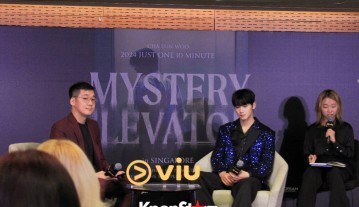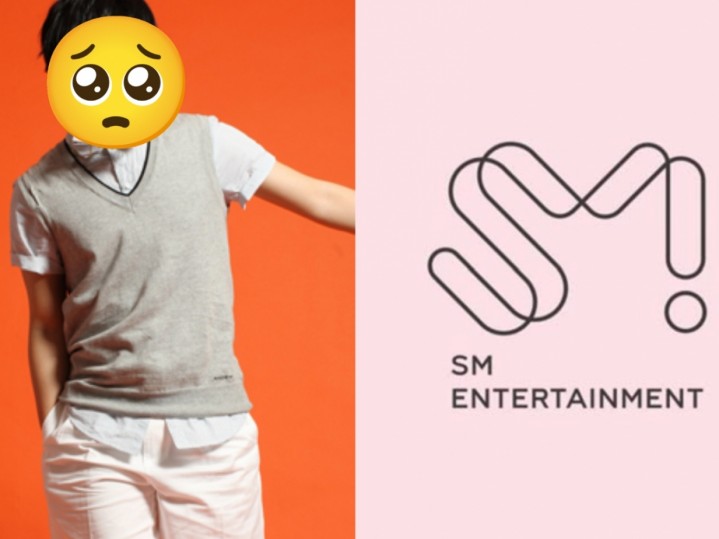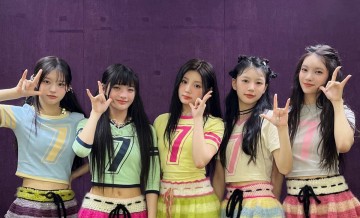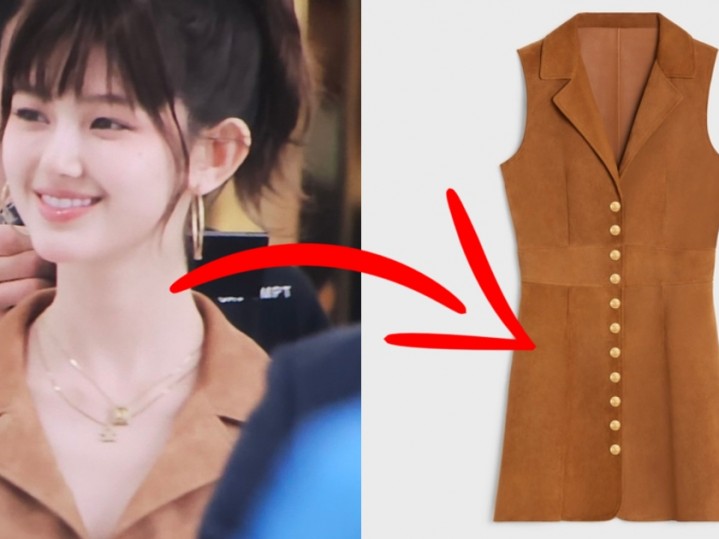Zico & Pritz Scandals Demonstrate Korean Entertainment Agencies Have Little Understanding Of Foreign Cultures [Opinion]
As a whole, 2014 has been a scandal-filled year for the Korean entertainment industry. No sphere has remained unscathed with musicians, actors, and comedians all having been embroiled in highly publicized scandals in recent months.
One of the latest trends in scandals seems to revolve around South Korea's problem with foreign cultures. Or, rather, the fact that Korean entertainment companies want international fans, but don't always take into account what could be considered offensive to people from other countries.
Korean record labels want fans from all over the world, but have demonstrated they don't really understand the people they are trying to market K-Pop to.
Two of the most recent examples, a rap song with derogatory language and a rather unfortunate wardrobe choice, show that Korean entertainment companies aren't very adept at handling sensitive cultural issues.
Block B member Zico recently released "Tough Cookie," a song and music video filled with things typically associated with American hip-hop culture that tend to be viewed negatively - things like violence, cursing, and the use of the word "faggot."
In particular, the use of the derogatory slur for homosexuals came under fire from many English-speaking fans. The language choice was, according to Block B's agency Seven Seasons, "used in a musical sense." "If we had known exactly that the word has the meaning of looking down on homosexuals, we would not have used it," explained a rep from the company.
The problem with this reasoning is that it shows one of two things- either blatant ignorance about the conotation of the word or, if they knew the meaning (despite denying it), disregard for the people who would be offended by it. Either way, it shows lack of concern over the song's brevity.
K-Pop's frequent use of nonsensical English in songs, while often considered funny by native speakers, can lead to some pretty heavy misunderstandings. South Korea is not for want of people who have working knowledge of the English language, and if an artist is releasing a song that uses a language other than Korean, there is no reason the label should not to check that what their singers are saying isn't inflammatory.
With "Tough Cookie," Zico and Seven Season were likely relying on Block B's fans from all over the world to support the song. However, by not knowing the nuances of the language he sang in, Zico ended up offending many people.
If Zico didn't have a large fanbase of international fans, there likely would not have been such a public outcry over the lyrics. Seven Seasons only released a statement once several English-language outlets had reported on the use of the word, demonstrating the power of fans outside of Korea.
'Faggot' and many other potentially offensive curses are prevalent in Korean hip-hop and underground music that doesn't have a large international fan base. Zico started out as an underground rapper and ostensibly could have just copied the use of the word. But if that is the case, it shows a lack of true artistic integrity on the rapper's part. Fans that highlight Zico's underground past either need to accept that he knew the meaning of the word or that he is not focusing on one of the most important elements of rap, the lyrics and their meanings.
Another recent issue that caused a stir for international K-Pop fans was the recent release from rookie girl group, Pritz.
In their music video and performances of the song "SoraSora," the Pritz members are shown in stage outfits that bear a striking resemblance to Nazi uniforms. With black military-inspired clothing and red armbands featuring a symbol that many are saying resembles the Nazi swastika or the symbol of Hungary's now defunct Arrow Cross Party, a political group active during the time of Adolf Hitler's regime that shared a similar anti-Semitic philosophy.
The group's agency, Pandagram, denied the association, however. After an article from the Wall Street Journal gained the attention of other news outlets around the world, including The Daily Mail, a rep from the record label said "the thought never occurred" to them.
Instead, the company claimed that the armbands were meant to resemble speed limit signs and that the X-shape has arrowheads to symbolize Pritz's ambitions of expanding "without a limit in four directions."
In essence, Pandagram claimed that not a single person in the company knew anything about world history, which either shows ignorance or a problem within the Korean education system.
Just as Zico offended people with his use of language, that imagery offended people- but also gained attention for the largely unknown girl group. Major international news outlets reported on the issue, giving Pritz a boost in publicity all over the world.
The fact that Pandagram, denied the claims that there was any thought of Nazi imagery shows that there was, again, a blatant disregard for foreign cultures and the 11 million people systematically killed by the Nazis, not to mention all the Holocaust survivors and veterans who fought in World War II.
Either Pandagram and Pritz truly knew nothing about world history, or did not care about offending people because they were aware that it would garner attention for the relatively unknown rookie group.
And it worked. Even with negative publicity, Pritz became a hot topic for the first time to many K-Pop fans, even as international media raged over the insensitive outfits.
Pandagram has said that they will not make changes to the outfits and that the members will continue to wear them.
Using offensive symbolism to gain clicks on a music video is reprehensible and Pritz's international fans should protest.
While Zico and Pritz are probably the most recent examples of cultural insensitivity in the Korean entertainment industry, there have been many artists to make headlins as of late.
SM Entertainment girl group Red Velvet had some images in their debut music video, "Happiness," that were edited out following claims that they reminded fans of the atomic bomb being dropped in Japan and the 9/11 terrorist attacks on New York City.
Rather than denying knowledge of historical events, SM Entertainment claimed that the editor had used stock images. Unlike Seven Seasons and Pandagram, who both tried to avoid culpability, SM Entertainment recognized the problem in that instance.
Another incident involving Red Velvet's Wendy allegedly performing racist impressions was not addressed by the company, likely due to the fact that semi-racist impressions are popular on Korean comedy shows.
Seven Seasons and Pandagram both lost some credibility by claiming they were not knowledgeable of commonly known facts and only apologizing once there was international outrage. SM Entertainment's solid response in the case of the music video (the imitations are a larger problem in Korean society) and admittance that there was a lack of oversight (rather than a lack of knowledge) was the proper resolution.
K-Pop is popular in Korea, but much more economically successful overseas. If Korean entertainment companies continue to release artists and music that is offensive to other cultures, and then continuously deny insensitivity, it will only further stigmatize international fans.
Korean entertainment agencies need to recognize that their fanbases aren't just a few million fans in South Korea but include people from all over the world. One of the essential rules in marketing is "know your audience" and K-Pop needs to start doing just that.
---
The opinions expressed above are solely those of the writer and do not reflect the views of KpopStarz.
















